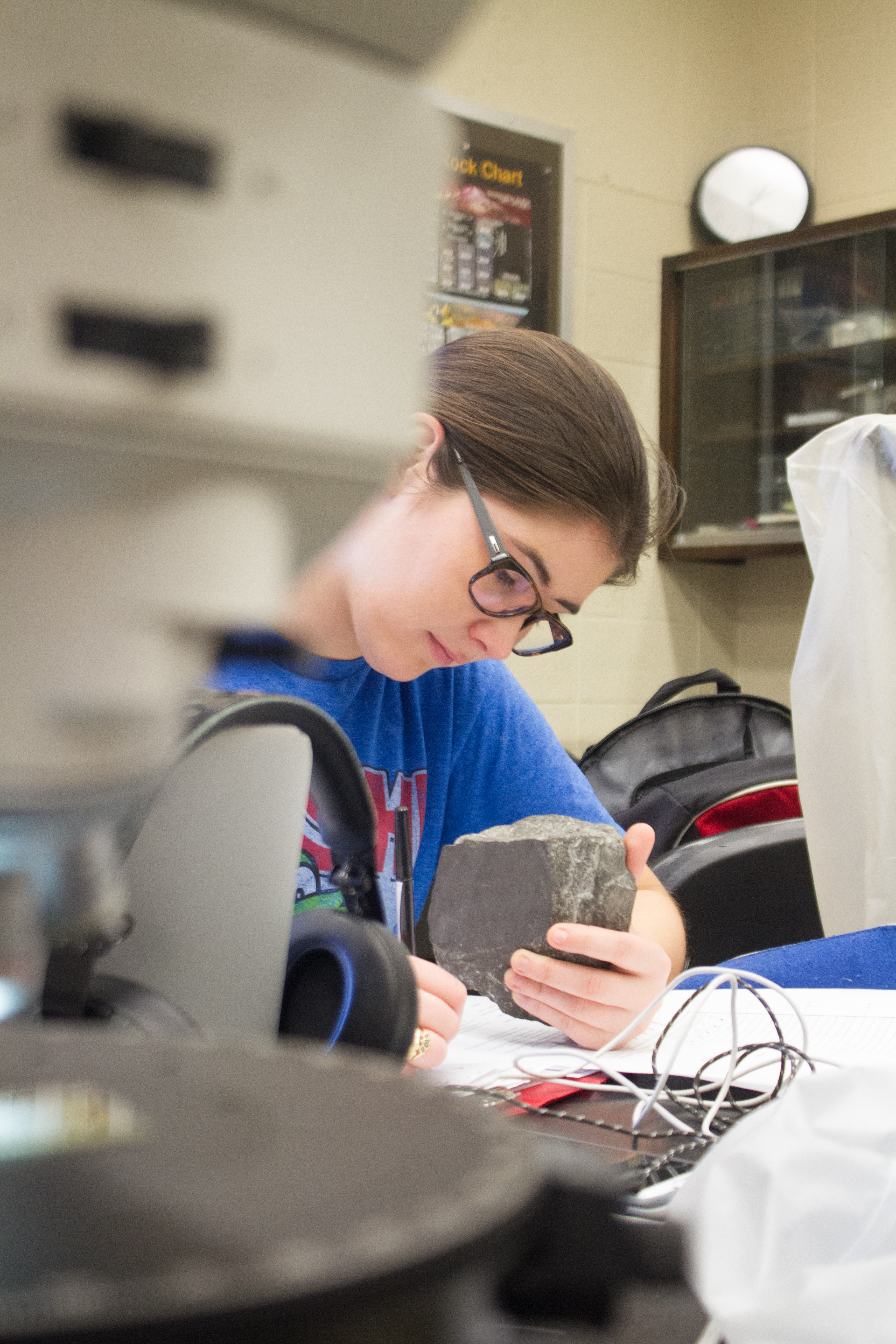Acadia University is one of the only universities in Canada that does not have a COVID-19 mandatory vaccination policy. While Acadia is fortunate that it has not experienced a major outbreak of COVID-19 on campus so far this semester, this does not mean that the policy currently in place is ideal. In fact, we believe that it is flawed and that the university should move to a mandatory vaccination policy.
The benefits of a mandatory vaccination policy for a close-knit university campus like Acadia’s are clear. Those that are fully vaccinated are less likely to contract coronavirus than unvaccinated individuals, but are still at risk of infection as long as community transmission of the virus continues. These two facts together mean that allowing unvaccinated people on campus increases the risk of infection for everybody, including those who are fully vaccinated. In short, a mandatory vaccination policy is one of the best approaches a university can take to protect the health and safety of its community.
There is also a compelling constitutional basis on which to believe that universities can require proof of vaccination status as a condition of student enrollment and staff employment. It is critical to note that constitutional rights under the Charter of Rights and Freedoms are not absolute. Section 1 of the Charter states that it “guarantees the rights and freedoms set out in it subject only to such reasonable limits prescribed by law as can be demonstrably justified in a free and democratic society.” What is essential for any public policy that implicates rights is that it does so reasonably. A section 1 analysis suggests that a mandatory vaccination policy for Acadia University easily meets this requirement of justification in a free and democratic society. In fact, legal experts are consistent in their view that a mandatory vaccination policy on university campuses is constitutionally permissible (see HERE, HERE, HERE).
Despite the low probability of a vaccine mandate being successfully overturned on constitutional grounds, Acadia may wish to tailor its policy to accommodate those who are vaccine hesitant. These may include online learning and remote working options.
At its core, a university is an institution of learning. Part of learning is asking questions and challenging authority when decisions do not appear consistent with best practices. We believe that Acadia’s current COVID-19 vaccination policy should be challenged because it does not meet the recognized best practices needed to protect the health and safety of the university community. Moreover, concerns over an encroachment on freedom are misplaced. We believe that a mandatory vaccination policy is one that should be viewed as granting freedoms, including the freedom to learn in a safe environment, rather than one that is taking freedoms away. Altogether, the benefits of a mandatory vaccination policy far outweigh any potential costs.





